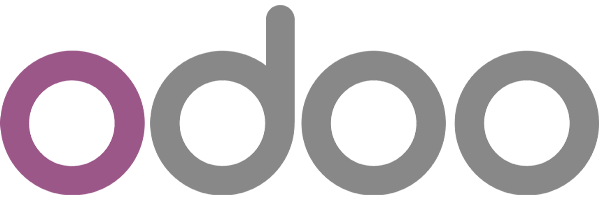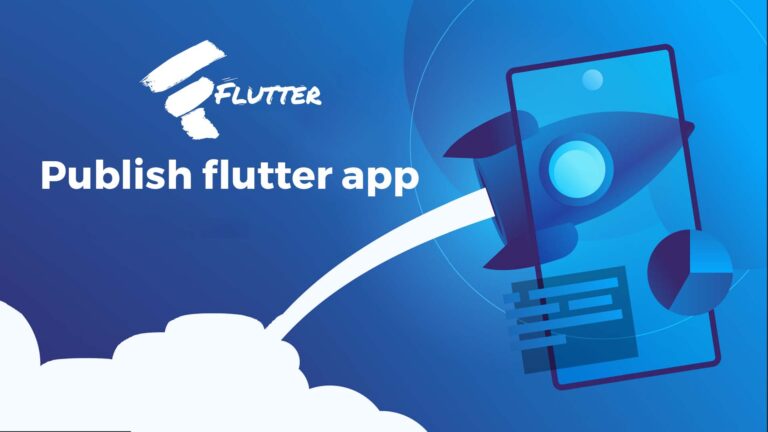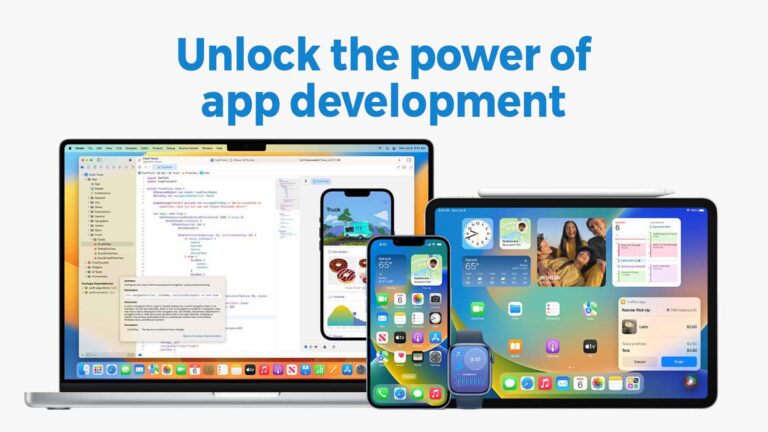Getting Started with Flutter: A Beginner’s Guide
Are you looking to learn Flutter, the popular mobile app development framework? If so, you’re in the right place! In this blog post, I’ll provide a brief introduction about how to start learning Flutter and explain why it’s a great choice for beginners.
Learning to develop with Flutter can be a rewarding experience, as it allows you to create beautiful and responsive cross-platform mobile applications. But where do you start?
First, let’s talk about what Flutter is and why it’s so popular. Flutter is an open-source, cross-platform mobile app development framework created by Google. It allows developers to create natively compiled applications for mobile, web, and desktop from a single codebase.

One of the biggest reasons that Flutter is so popular is that it offers fast and efficient development. With Flutter, you can quickly build and prototype your app, thanks to its hot reload feature, which allows you to see changes in real-time. This means that you can experiment and make changes to your app on the fly, without having to stop and restart the app each time.
Another reason that Flutter is great for beginners is its simple, easy-to-understand language. Flutter uses the Dart programming language, which is similar to other popular languages like JavaScript and C#. This means that if you’re already familiar with one of these languages, you’ll have an easier time learning Flutter.
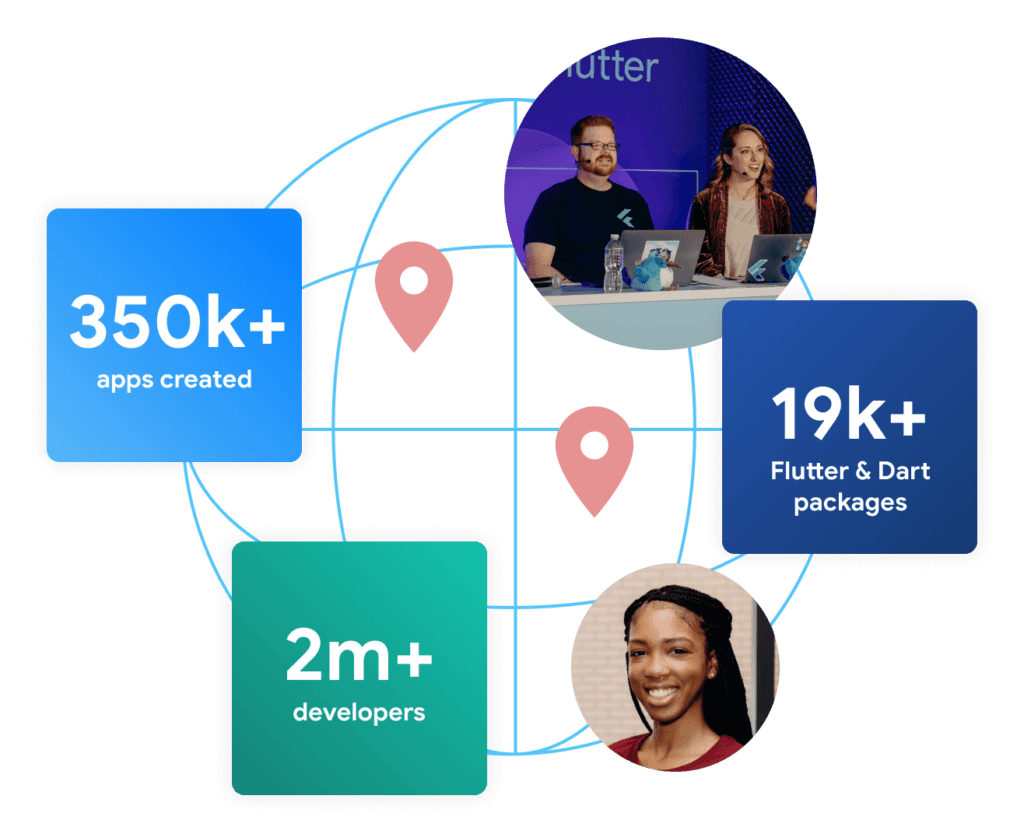
A strong ecosystem, powered by open source
Furthermore, Flutter has a rich ecosystem of packages and plugins that make it easy to add new features to your app. Whether you want to add payment processing, maps, or authentication, there’s likely a package available that can help you do it. This means that you don’t have to start from scratch every time you want to add a new feature to your app.
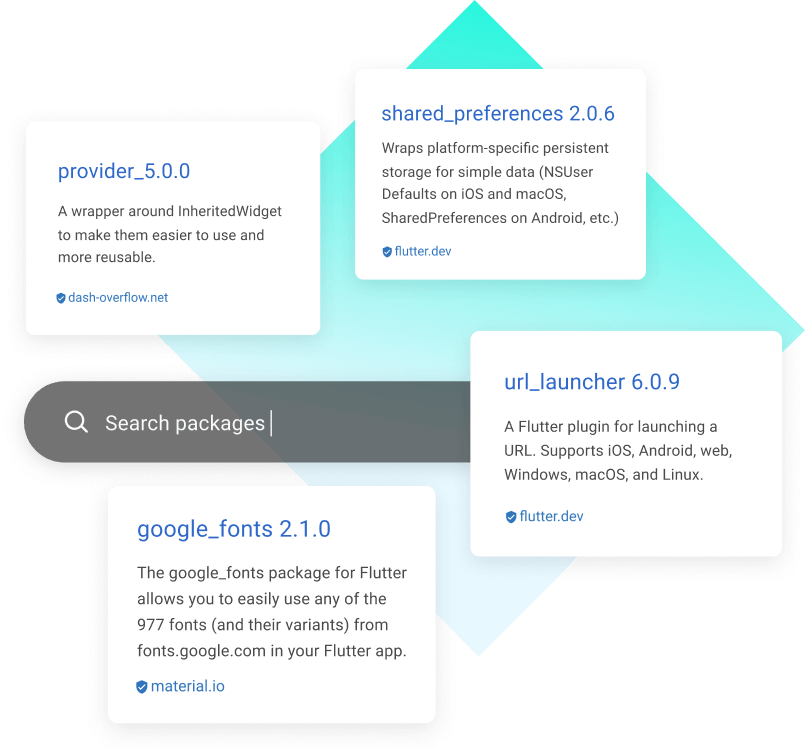
In addition to all of these benefits, Flutter also has a strong community of developers who are always willing to help out new users. Whether you have a question about a particular feature, or you’re stuck on a problem, there are many forums, chat rooms, and other online communities where you can get help from experienced Flutter developers.
How to become a flutter developer
If you’re interested in becoming a Flutter developer, here are some steps you can follow to get started:
- Learn the basics of programming: In order to become a Flutter developer, you’ll need to have a strong understanding of basic programming concepts. If you’re not already familiar with a programming language, start by learning one, such as Java or Python.
- Learn the Dart programming language: Flutter uses the Dart programming language, so it’s important to become proficient in it if you want to become a Flutter developer. You can learn Dart by reading tutorials and documentation online, or by taking an online course.
- Get familiar with Flutter: Once you have a solid understanding of Dart, start learning about Flutter itself. You can do this by reading the official Flutter documentation, or by following tutorials and online courses. As you work through the tutorials, you’ll learn about key concepts like widgets, layout, and state management. Learn more about flutter.
- Build your first Flutter app: Once you have a good understanding of the basics of Flutter, it’s time to start building your first app. Start with a simple app, such as a to-do list, and work your way up to more complex apps as you become more familiar with Flutter.
- Join the Flutter community: The Flutter community is a great resource for learning more about Flutter and getting help with any problems you may encounter. Join forums and online communities, such as the official Flutter Gitter channel, to connect with other Flutter developers and learn from their experiences.
- Continue learning and improving: As with any skill, becoming a Flutter developer is a continuous learning process. Keep learning new things and improving your skills, and you’ll be well on your way to becoming a successful Flutter developer.
As you continue to learn Flutter, it’s important to practice what you’re learning by building real-world apps. This will help you solidify your knowledge and gain experience using Flutter in a practical setting.
In conclusion, learning Flutter requires a solid foundation in the Dart programming language and a willingness to practice and apply what you’ve learned through building real-world apps. By following the official tutorials and seeking out help and support from the Flutter community, you can begin your journey as a Flutter developer.
Overall, if you’re a beginner looking to get started with mobile app development, Flutter is a great choice. Its fast development, easy-to-understand language, and strong ecosystem make it a great framework for building high-quality apps quickly and efficiently. Give it a try and see for yourself!

